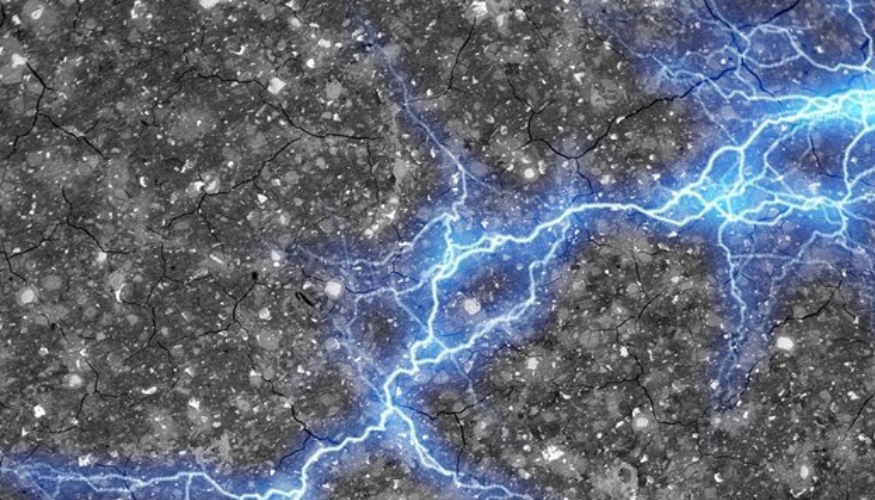MIT engineers develop cement-based energy storage systems

New England Council member, Massachusetts Institute of Technology (MIT) recently published research on the development of a supercapacitor made from abundant, low-cost materials.
Researcher Franz-Josef Ulm, a professor of civil and environmental engineering at MIT, and his team discovered the potential of cement and carbon black, a conductive material similar to finely ground charcoal, back in March 2020. Due to its chemical properties, the materials mix heterogeneously with water which creates a fractal-like network of carbon-black pathways to store energy within the cement. By incorporating the technology into building foundations and roads, Ulm suggests that initial uses of this technology could benefit isolated homes and charge electric vehicles.
“Energy storage is a global problem,” said Ulm. “If we want to curb the environmental footprint, we need to get serious and come up with innovative ideas to reach these goals.”
The New England Council commends the research team and MIT for their efforts in constructing a sustainable future for everyone.
Read more in the Boston Globe.